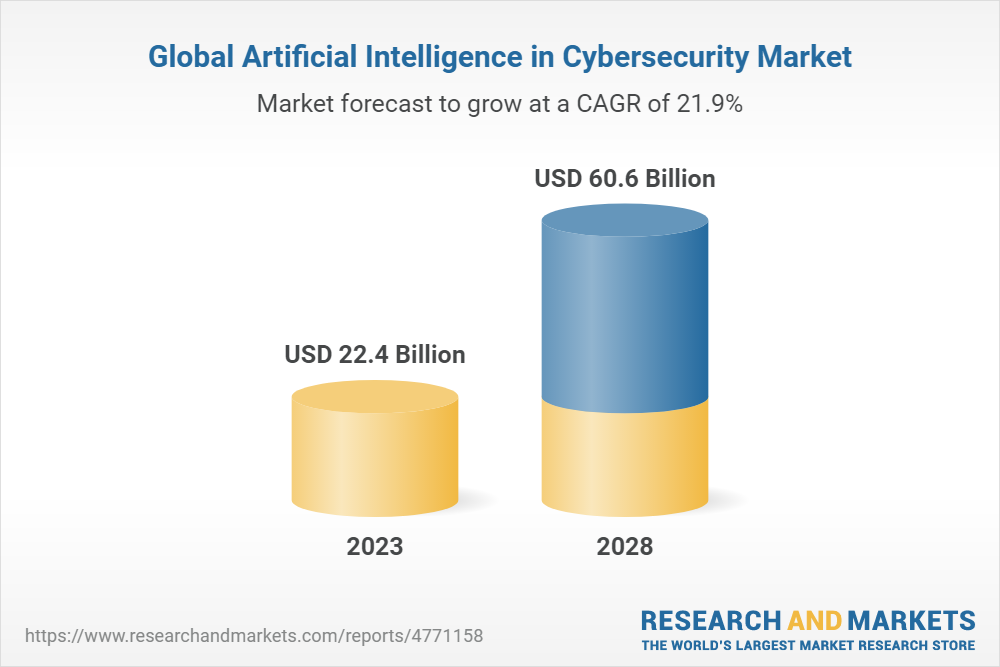AI Chip Market to Reach $311 Billion by 2029 as Demand for High-Performance Computing Soars

AI chips, specialized processors designed to accelerate AI workloads, have become crucial in handling the growing computational demands of machine learning, deep learning, and neural network tasks. These chips are increasingly being deployed in data centers, autonomous vehicles, smartphones, and edge computing devices, making them indispensable in the modern tech landscape.
Several key factors are fueling this exponential growth. Firstly, the ongoing development of AI technologies, particularly in natural language processing (NLP), computer vision, and robotics, has created an insatiable demand for more powerful and efficient processing capabilities. AI chips, such as GPUs, TPUs, and FPGAs, are specifically engineered to meet these needs, offering unparalleled performance compared to traditional processors.
Moreover, the proliferation of AI applications across various sectors, including healthcare, finance, automotive, and consumer electronics, is significantly contributing to market expansion. In healthcare, for example, AI chips are being used to enhance diagnostic accuracy and enable real-time data processing in medical imaging. Meanwhile, in the automotive sector, they play a critical role in powering the complex algorithms required for autonomous driving systems.
The dominance of major tech companies like NVIDIA, Intel, and AMD in the AI chip market continues to grow as they invest heavily in research and development. These companies are not only focusing on improving chip performance but also on reducing power consumption, which is a critical factor for mobile and edge AI applications.
NVIDIA, in particular, remains a leading player in this space, with its GPUs being the backbone of many AI and machine learning platforms. The company’s AI chips are widely adopted in both cloud and edge computing, making it a pivotal force in the market. Intel and AMD are also making significant strides, especially in the development of AI-specific processors and accelerators.
On the other hand, the Asia-Pacific region is emerging as a significant market for AI chips, with countries like China, South Korea, and Japan investing heavily in AI research and infrastructure. This region is expected to witness the fastest growth in the AI chip market, driven by the rising adoption of AI technologies across industries and government initiatives aimed at fostering AI innovation.
Despite the promising growth prospects, the AI chip market faces challenges, including high development costs and the complexity of integrating AI chips into existing systems. Moreover, the global semiconductor shortage has impacted the production and supply of AI chips, leading to increased prices and longer lead times.
Nonetheless, the market's long-term outlook remains positive, with continuous advancements in AI technology expected to drive further innovation and demand for AI chips. As the world increasingly relies on AI-driven solutions, the importance of AI chips in enabling these technologies cannot be overstated. With the market set to triple over the next few years, stakeholders in the AI ecosystem are poised to reap substantial benefits from this booming industry.

Join the conversation